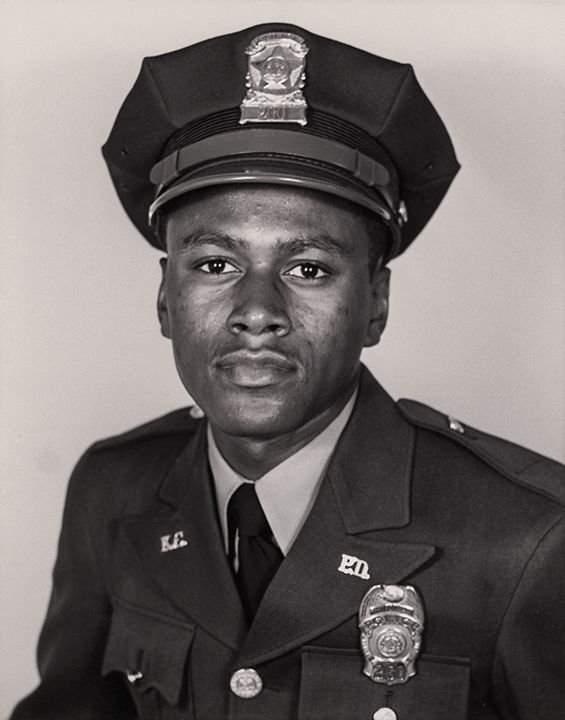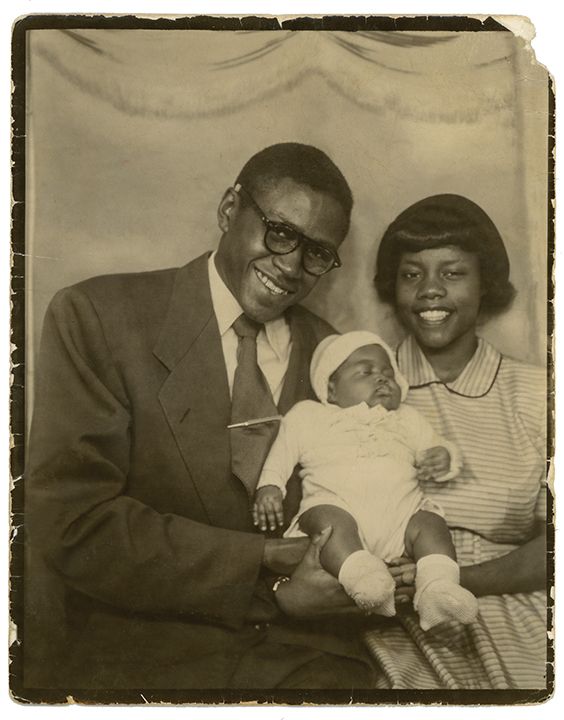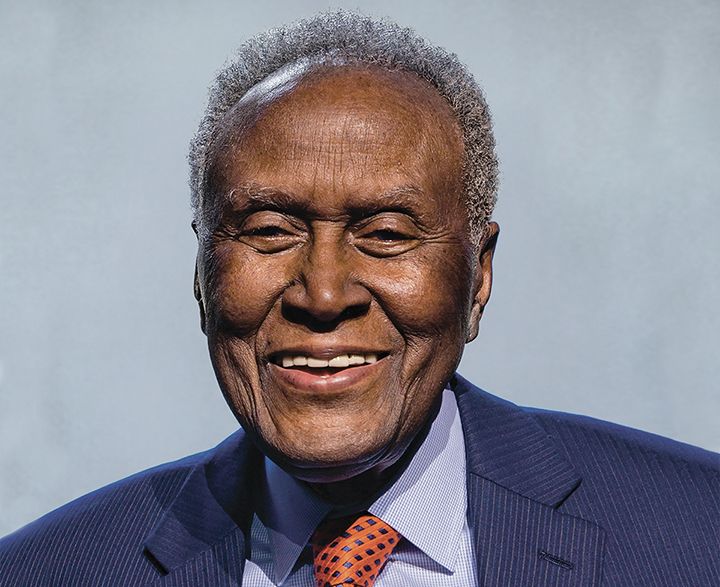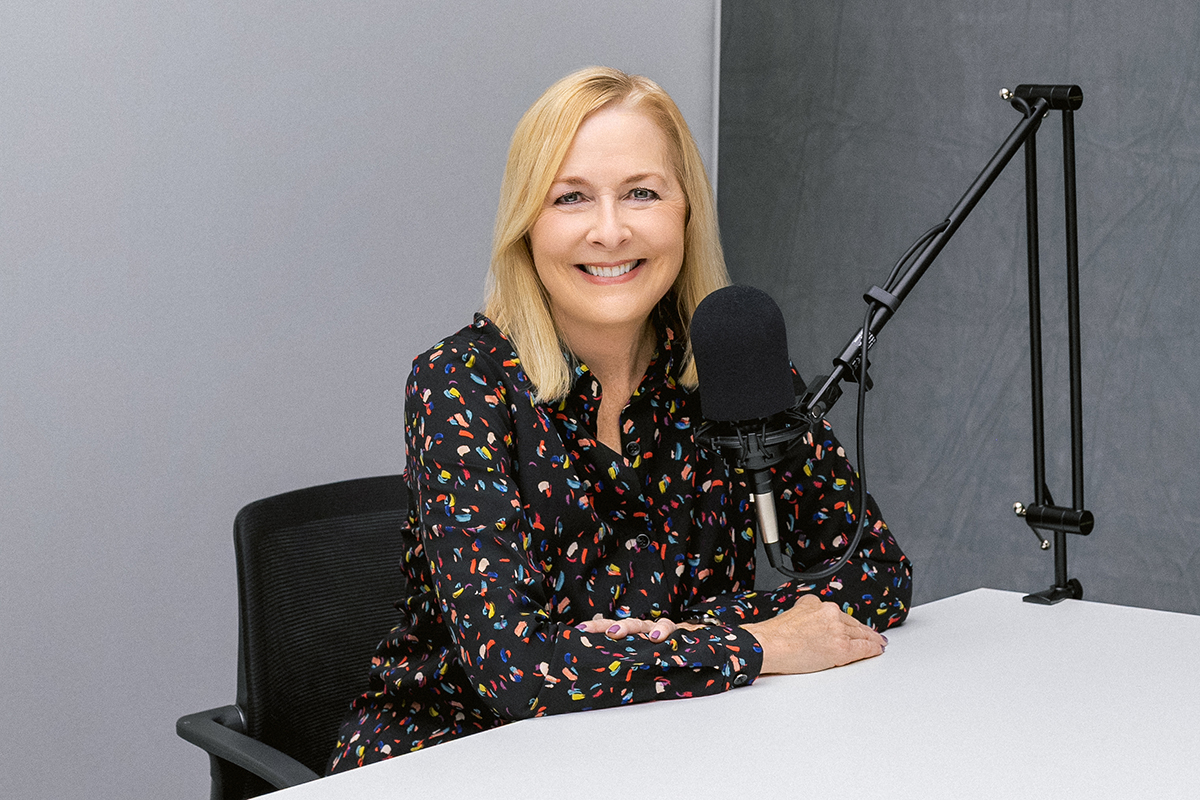Alvin Brooks has seen it all. The eighty-eight-year-old Civil Rights activist has been dedicated to the community for decades, including a decade-long stint on city council and a mayoral run in 2007. In his new autobiography, Binding Us Together, Brooks shares stories of his time as a cop in the fifties, his tenure as the first Black head of a city hall department and his time as an elected official. After receiving a personal phone call from an FBI agent, Brooks helped defuse the tension after the riots that followed the assassination of Martin Luther King. Brooks’ long, varied career—he founded the AdHoc Group Against Crime to investigate the unsolved murders of nine black women in the city and was once recognized as one of George H.W. Bush’s 1,000 Points of Light—has given him a unique and deep perspective on the challenges KC faces and how to fix them, all shared in his new memoir. We talked to Brooks about the book and how his work relates to the current push for racial justice.

Having served as a street cop and later on the Board of Police Commissioners, do you think that the push for police reform will help solve police brutality locally?
There has to be some self-examination. There have been a lot of changes that are substantive, positive changes, but there’s still racism. And, unless the Board and the chief deal with that—first by examining themselves and then dealing with that—you will continue to have complaints of police brutality, many of them substantiated. You will still have shootings that are not justifiable.
Do you believe the various acts of protest that we have seen this past year help people see a need for change?
I don’t think riots help reform. I think that drives a further wedge between the community and the police, though I think there is good conflict. I think conflict can prick the conscience of people that hopefully move them to give consideration to the conflict, and that is where substantial changes come about. And I’m not being contradictory. I’m just saying that they do and should indicate that something is wrong.

Will improving educational opportunities in historically marginalized areas of Kansas City help alleviate racial issues?
No. You see, there’s something that I call America’s structural racist system, and that started with what the Europeans did to the Native Americans. And that structural racist system is prevalent in all American institutions. And therefore, we can pass laws, have marches and slogans, chants and all that, but none of that really changes the structural racist system. White America has to do some self-searching, some self-examination.





